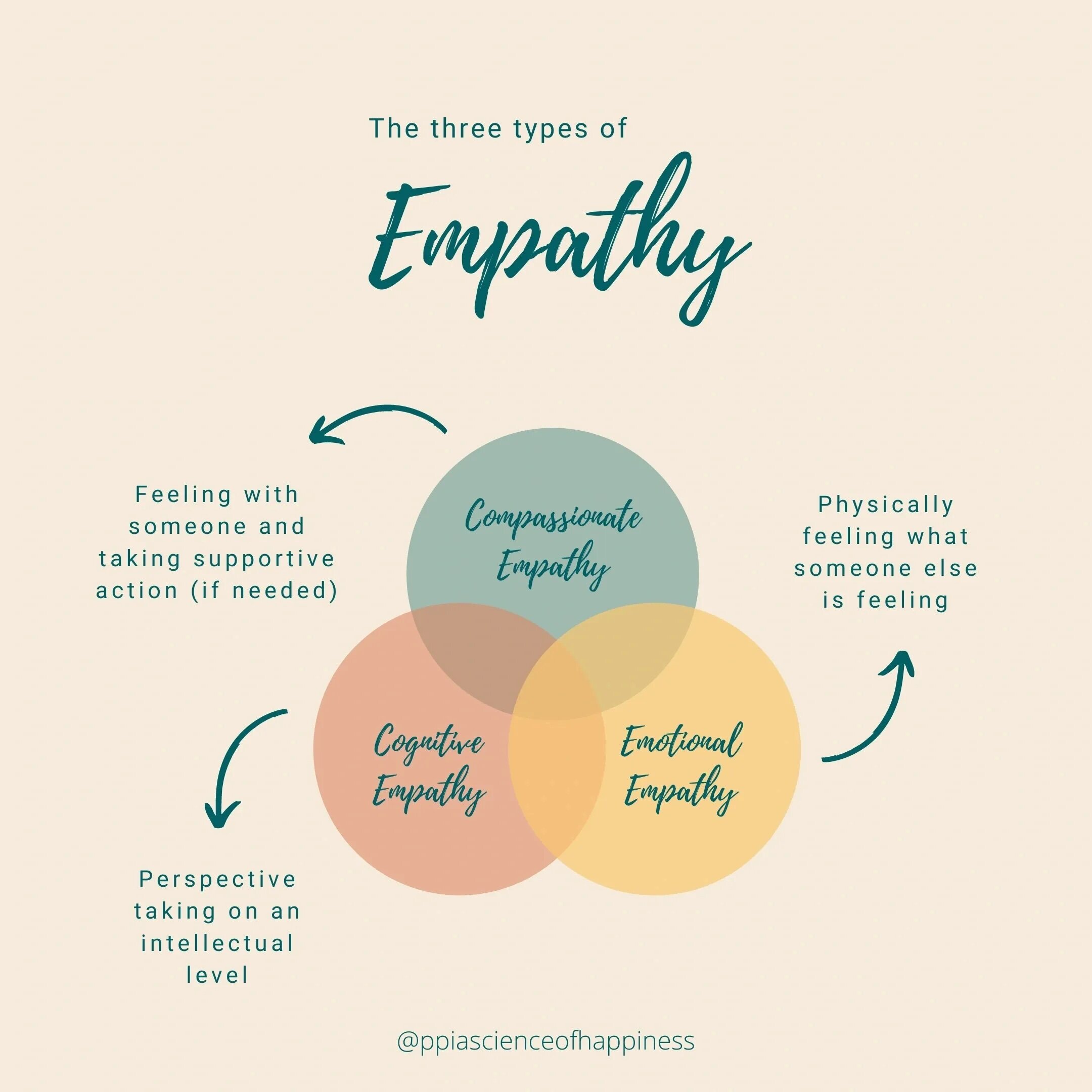Pacesetter Matrix - Empathy
Empathy is the ability to place yourself in another person's shoes — to perceive and understand their thoughts, feelings and perspective. People with high levels of empathy are skilled at understanding a situation from another person’s perspective and reacting with compassion. Empathy is a critical leadership skill. Empathy makes it possible to work cooperatively with people who have very different experiences and opinions. It helps build and sustain positive workplace culture, encouraging diversity and inclusion, cooperation, and collaboration.
Empathy vs. Sympathy
Empathy can be confused with sympathy, but there is a key difference between the two.
“Empathy fuels connection; Sympathy drives disconnection.”
- Brené Brown
Empathy is feeling with people i.e. the ability to imagine oneself in the situation of another, experiencing the emotions, ideas, or opinions of that person. Sympathy is understanding someone’s situation, often times pitying them, i.e. feeling sorry for them.
Empathy and Performance
Empathy is a key component of emotional intelligence and leadership effectiveness, providing tangible benefits.
A study by Harvard Business Review showed that the top 10 companies in the 2015 Global Empathy Index increased in value more than twice as much as the bottom 10 and generated 50% more earnings.
A DDI study of 400 leaders found that empathy is the leadership skill most strongly and consistently linked to performance - leaders who were weaker in empathy were weaker in job performance.
The Center for Creative Leadership (CCL) analysed data from nearly 7,000 managers spanning 38 countries and found that empathy in the workplace is positively related to job performance. Managers who practice empathetic leadership towards their subordinates were rated as high performing by their own boss.
According to Businesssolver’s 2020 Workplace Empathy report, empathy has a direct impact on employee productivity, loyalty, and engagement.
76% of employees say empathy drives greater productivity
74% of workers would be willing to longer hours for an empathetic employer
83% of Gen Z employees would choose an employer with a strong culture of empathy over an employer offering a slightly higher salary, versus 75% of employees on average
79% would choose an empathetic employer even if it meant changing their role, industry or career path, versus 73% of employees on average
83% would consider leaving their current organization for a similar role at a more empathetic organisation
Learning to Be More Empathetic
73% of employees in 2020 say empathy can be learned, compared to only 54% in 2016. Some tips on how you can become more empathetic:
Actively listen, speak second
Express your perspective
Be vulnerable, share your own story
Don’t assume, don’t judge
Be The Change
91% of CEOs say their own company is empathetic, but only 68% of employees agree. When asked who has the most impact on building a culture of empathy, employees’ top response was their manager, not the CEO, or HR.
A business leader must nurture relationships with a diverse group of stakeholders. Empathetic leadership can strengthen those relationships, boosting motivation, productivity, sales, and financial performance.
“Leadership is about empathy. It is about having the ability to relate to and connect with people for the purpose of inspiring and empowering their lives.”
- Oprah Winfrey


